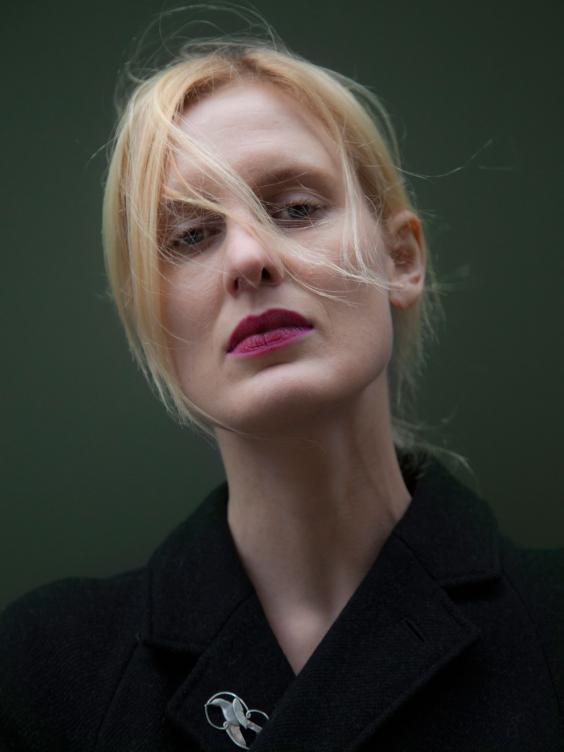

She does not flee to her parents, somewhat peacefully divorced now and still living on the main island of Orkney. Instead, Liptrot makes a realistic, anticlimactic but ultimately braver and more honest narrative decision to reveal her Turning Point as an emotional threshold - she just couldn’t take the pain of drinking any longer and enrolls herself in rehab. One night she is attacked after hitching a ride with a violent stranger, and narrowly escapes, a brush with trauma that a lesser writer would exploit for dramatic effect. Soon all decisions (or lack thereof) flow from one primary purpose: getting drunk. She loses all the typical things: friends, boyfriends, apartments, jobs. As friends and confederates grow up and drink less, Liptrot sinks deeper into alcoholic isolation. It is exactly the excitement she sought when leaving Orkney, but inevitably the party ceases to be fun. Eager to leave at age 18, Liptrot spent the next decade in London, the antithesis of her bucolic home in the north, transforming herself into a party girl of the Hackney district, a place where “it felt like the perpetual last day of a festival.” The term most central to Liptrot and this gorgeous debut, its guiding symbol and title, is “the outrun,” a stretch of uncultivated hillside land at “the furthest reaches of a farm, only semi-tamed, where domestic and wild animals coexist and humans don’t often visit so spirit people are free to roam.” It is in these wild pastures where Liptrot and her brother grew up with their bipolar father and very religious mother on their family sheep farm.

The place Liptrot uneasily calls home is an enchanted, windswept, salt-scoured archipelago where the northern lights are known as Merry Dancers and “lambing” is both a season and a verb. $25.95.Īmy Liptrot begins her memoir with a glossary: In the Orkney Islands of far northern Scotland, seals are called selkies cattle are kye and the fog rolling in from the sea goes by the evocative haar.


 0 kommentar(er)
0 kommentar(er)
